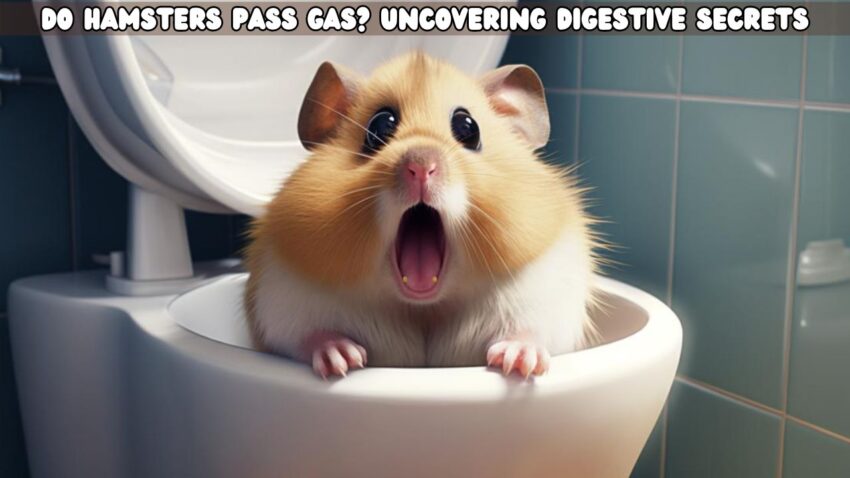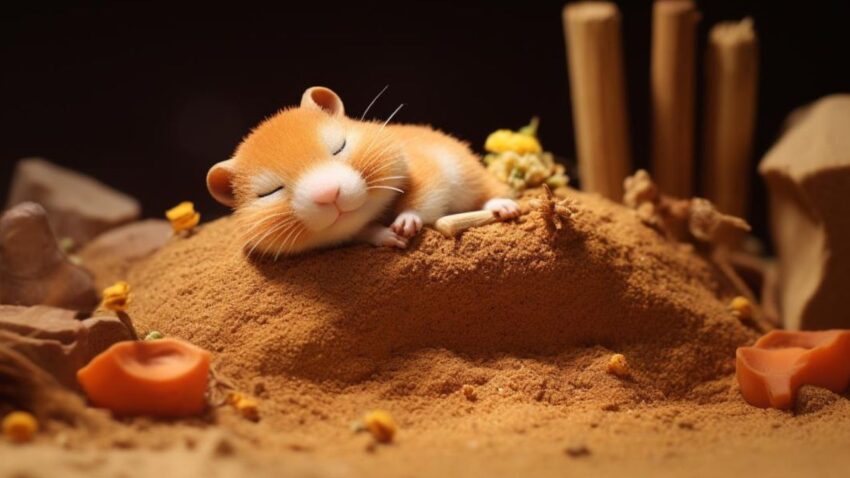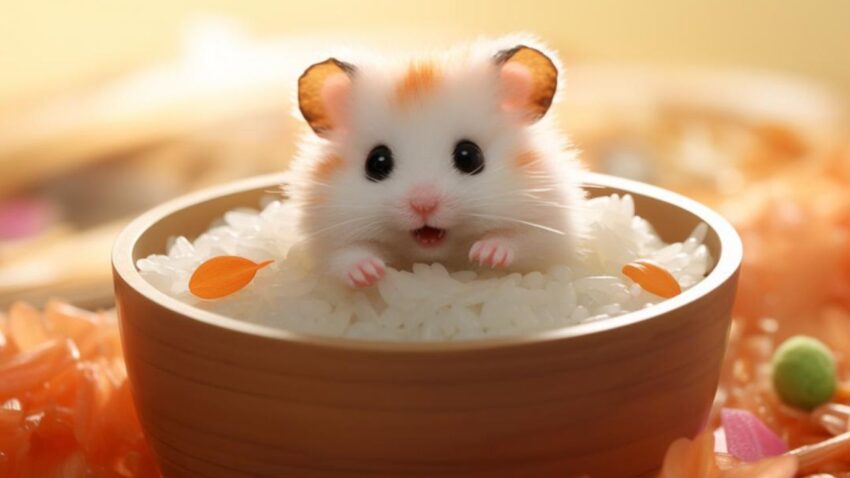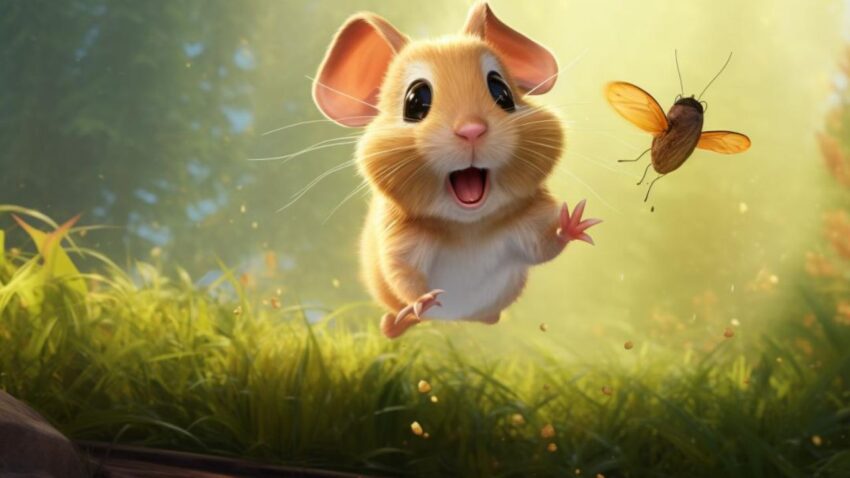TL;DR Summary: Hamsters do not typically play dead in the same way some animals exhibit thanatosis. They might freeze or appear very still when frightened or stressed, which can be mistaken for playing dead. Understanding these stress-related behaviors is important for providing proper care and ensuring the well-being of a hamster. Always observe your hamster…
Category: Q&A

Do Hamsters Pass Gas? Uncovering Digestive Secrets
TL;DR Summary Yes, hamsters do fart as part of their normal digestive process. Flatulence in hamsters is typically mild and not as noticeable due to their small size. It’s important for pet owners to maintain a healthy diet for their hamsters to support digestive health and prevent any discomfort from excessive gas. Monitoring your hamster’s…

Hamster Tails: Unraveling the Long and Short of It
TL;DR Summary Yes, hamsters do have tails. While small and often hidden beneath their fur, the tail is an integral part of a hamster’s anatomy, contributing to balance and expressing discomfort. It’s important for hamster owners to understand this to provide proper care and handling. Remember, a happy hamster is a wheel-y happy you! In…

Quenching Curiosity: Can Hamsters Drink from a Bowl Safely?
TL;DR Summary Yes, hamsters can drink from a bowl, but it requires careful management. Bowls should be shallow to prevent drowning, heavy enough to avoid tipping, and cleaned daily to ensure water purity. Monitoring your hamster’s water intake is crucial, as changes can indicate health issues. While water bottles are more commonly used and prevent…

Are White Hamsters a Rare Find? A Colorful Investigation
TL;DR Summary True albino hamsters with red eyes are relatively rare due to the specific genetic combination required. However, white hamsters with dark eyes may be more common, particularly in captivity where selective breeding practices can increase their prevalence. While the perception of white hamsters as rare persists, it’s often more related to their striking…

Coco Peat for Hamsters: A Safe Bedding Solution?
TL;DR Summary Coco peat can be used safely for hamsters if it is free from chemicals and dyes, and is maintained properly to prevent mold and dampness. However, due to the risk of ingestion and potential gastrointestinal blockages, it’s crucial to monitor your hamster’s interaction with this bedding. While coco peat offers good absorbency and…

Decoding Diet: Should Hamsters Eat Cat Food?
TL;DR Summary No, hamsters should not eat cat food. It is formulated for cats’ carnivorous needs and does not meet the nutritional requirements of omnivorous hamsters. Feeding cat food to hamsters can lead to health problems due to high protein and fat content and a lack of necessary fiber. Stick to a diet made for…

Chicken Treats for Hamsters: Yay or Nay?
TL;DR Summary Yes, hamsters can eat chicken. It should be cooked plain, without any seasoning, and offered in very small, shredded pieces to prevent choking. Chicken is a beneficial occasional treat due to its high protein content and essential nutrients. However, it should not replace a hamster’s primary diet of pellets, seeds, fruits, and vegetables….

To Rice or Not to Rice: Can Hamsters Chew on Grains?
TL;DR Summary Yes, hamsters can eat rice, but it should only be an occasional treat and not a regular part of their diet. Both white and brown rice must be cooked and served plain, with white rice offering quick energy and brown rice providing more nutrients. However, due to the potential for a high glycemic…

Jumping into Diet: Can Hamsters Safely Eat Crickets?
TL;DR Summary Yes, hamsters can eat crickets as they are a nutritious source of protein, essential for their diet. However, crickets should only be a supplemental treat provided in moderation alongside a balanced diet of pellets, vegetables, and occasional fruits. Start with small quantities of properly sourced crickets to ensure they are safe for your…

